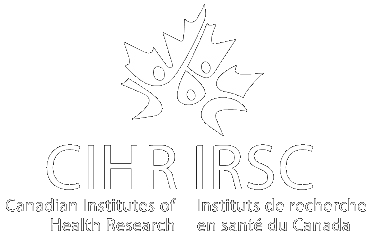Trial Summary
ARTESIA is a randomized-controlled, double-blind, double-dummy trial comparing Apixaban (at guideline-indicated dosing) versus Aspirin (80-100 mg/day) in patients with pacemaker or defibrillator-detected sub-clinical AF lasting between 6 minutes and 24 hours in duration 4. Eligible patients could not have a history of clinical AF or atrial flutter, or another indication for chronic anticoagulation (e.g. mechanical heart valve). Patients must also have a history of stroke, TIA or systemic embolism, OR be over the age of 75 years; aged 65-74 years with at least 2 additional stroke risk factors*; or aged 55-64 with 3 additional stroke risk factors*. (* stroke risk factors are: hypertension, heart failure, diabetes mellitus, female sex or coronary/peripheral arterial disease). Patients could not have severe kidney disease (eGFR < 25 mL/min) or serious bleeding in the prior 6 months.
Patients are followed every 6 months for the primary efficacy outcome of stroke (all-cause) or systemic embolism. The outcome of stroke includes neurologic events lasting < 24 hours if there is evidence of stroke on brain imaging. The primary safety outcome is major bleeding (using the ISTH definition), which will also be sub-classified based on severity and outcomes. Several secondary outcomes include all-cause and cardiovascular mortality, and a 1000-patient sub-study will evaluate the effect of randomized therapy on cognitive function, using serial measures of the Montreal Cognitive Assessment (MoCA).
ARTESIA, which is coordinated by the Population Health Research Institute in Hamilton, Ontario, and will complete its follow-up of 4012 patients by August 2023. Its principal investigator is Dr. Jeff Healey, who is a Canadian citizen from McMaster University, who is a member of CSPIN (The Canadian Stroke Prevention Intervention Network). Close-out activities, data cleaning and statistical analysis will take place in the summer/fall of 2023, with a plan to present the results at the American Heart Association Sessions in November 2023 and have a simultaneous publication in a top journal.
The circumstances of the COVID pandemic created many hardships for ARTESIA, which have contributed to it being in a significant financial deficit despite CIHR, CSPIN and industry (BMS/Pfizer and Medtronic) funding. It is an investigator initiated and sponsored study, so no additional funds were available from industry, particularly since the study drug is now off-patent. At present, over one million dollars of deficit is being marked against budget residuals from the PIs’ other trials and salary support awards.
Enrollment in ARTESIA slowed dramatically during the pandemic, and the completion of enrollment was delayed approximately 1 year, finishing in July 2021. This delay lead to a corresponding increase in central coordinating costs. The restrictions on in-person visits and concerns that the predominantly elderly subjects in ARTESIA had about discretionary visits to the hospital posed great challenges for study drug re-supply. However, thanks to engaged local research assistants, strong national leaders and innovative research staff at PHRI, the number of patients coming off study drug due to re-supply challenges was kept to an extremely small number. While vital to preserving the integrity of this clinical trial, these strategies (which often involved shipment of medication) were costly. Additional costs were also incurred to ascertain patient status, since many were not attending clinic or study visits.
Funds from this ACT grant competition will close the funding shortfall due to these multiple circumstances.
